Research indicates that education systems that integrate local languages and culturally relevant teaching practices often produce more confident and competent learners.
The Culturally Responsive Teaching Practices on Social and Emotional Development in Diverse Early Childhood Classrooms in Ghana project, under the KNUST–IDRC/GPE–KIX initiative, explores how such approaches can be effectively applied within Ghana’s educational landscape to enhance learning outcomes and foster inclusivity.
The project, carried out by the Institute for Rural Development and Innovation Studies (IRDIS) under the College of Agriculture and Natural Resources, aims to equip educators with strategies that reflect the linguistic and cultural diversity of young learners across the country.
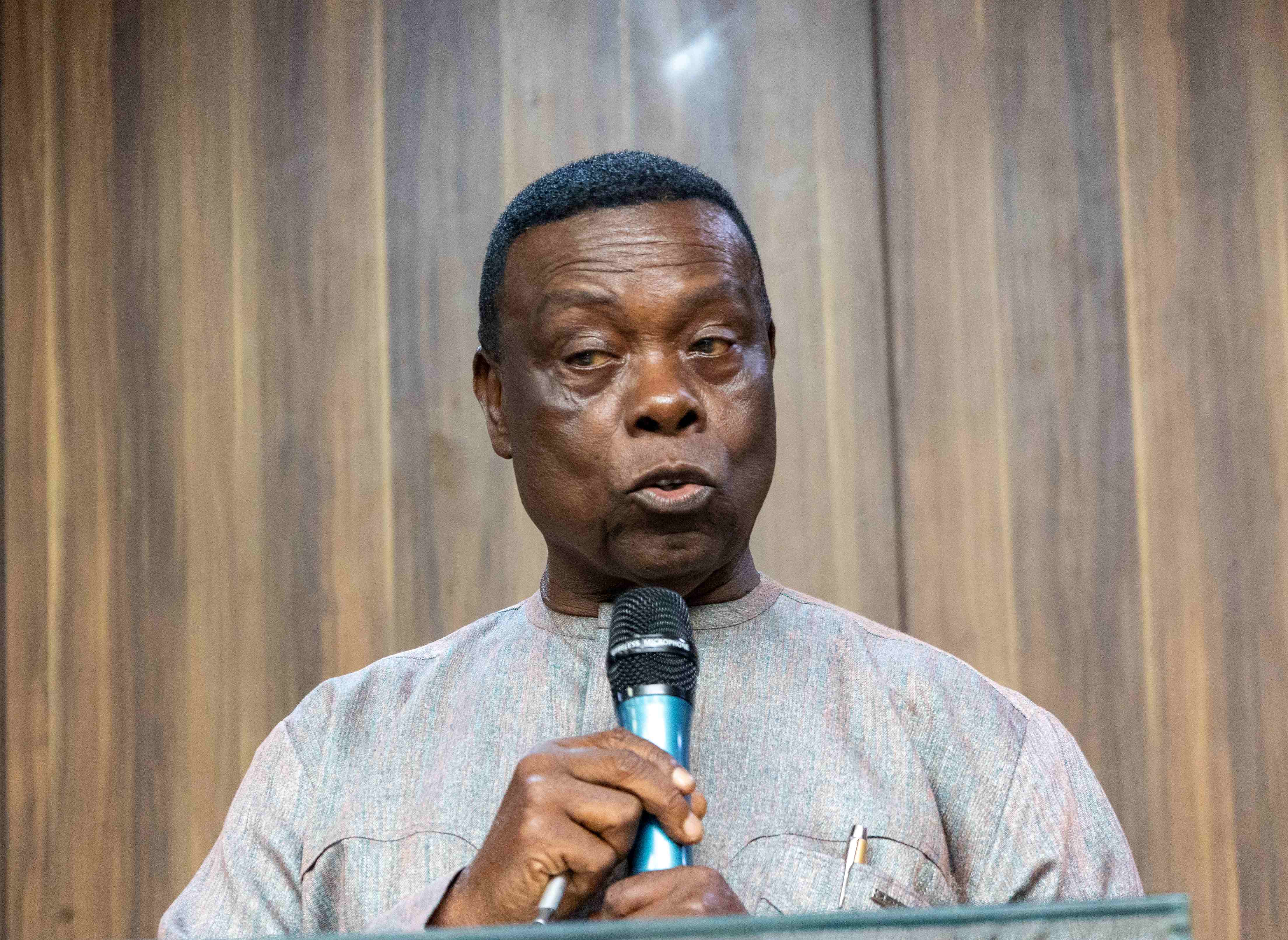
Speaking at the National Stakeholder Engagement of the project held in Accra, Prof. George Kankam Boadu, Chairman of the Project Advisory Board Committee, emphasized the need to promote the use of local languages in education to strengthen foundational learning.
He described the increasing preference for English in Ghanaian homes as worrying, arguing that it limits children’s connection to their cultural identity and hinders effective learning.
“I find the use of English at home quite unfortunate. I would rather we teach our children our local languages. Once they are grounded in their mother tongue, they learn better. Education, to me, goes beyond the classroom; it connects the individual to society and fosters productive integration.
We can only achieve it when we begin to value and introduce our children to local languages at the formative stage. We must return to indigenous pedagogies and culturally relevant approaches in teaching our children,” he stressed.
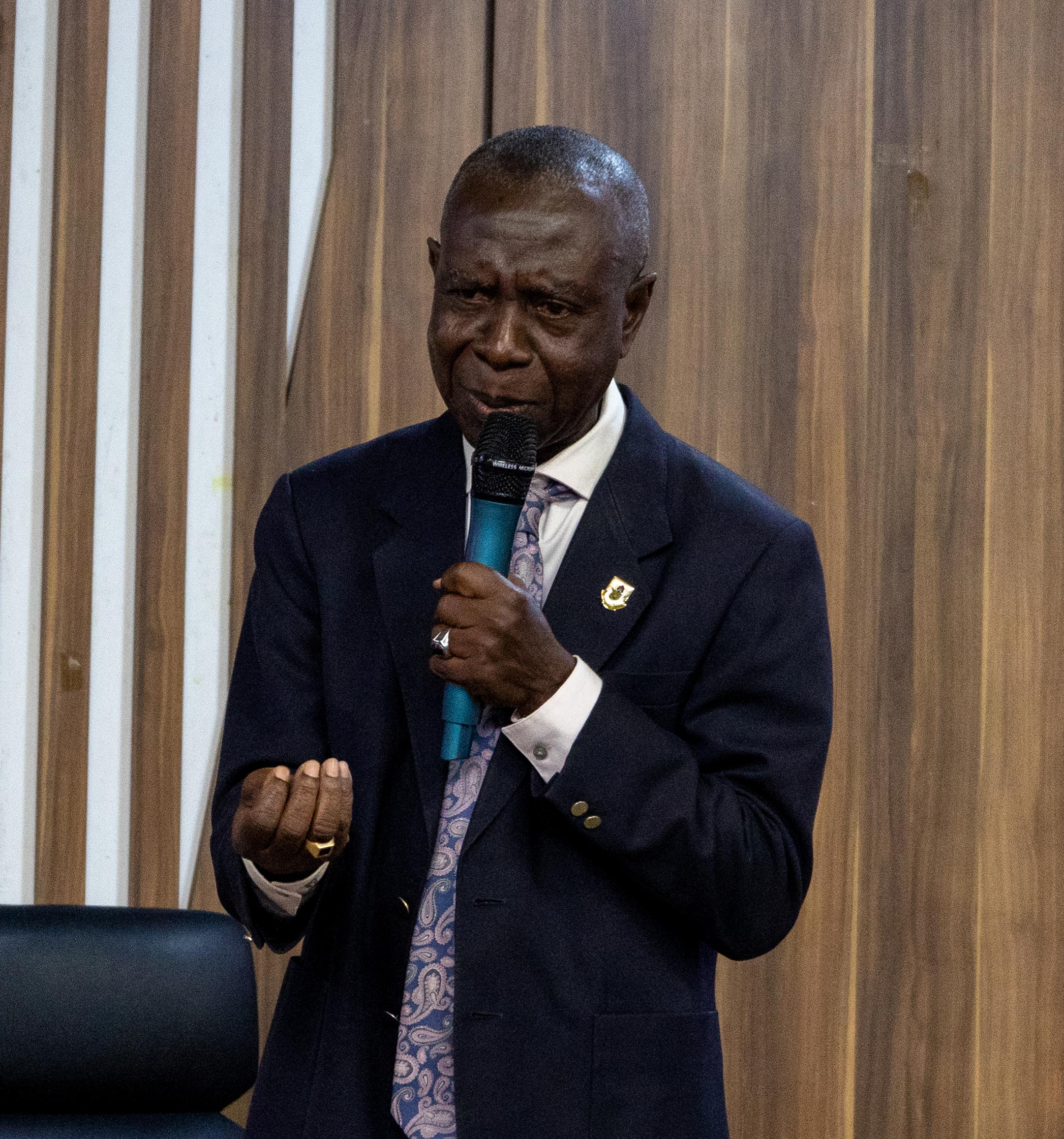
Principal Investigator (PI) of the project, Prof. Paul Sarfo Mensah, highlighted the project’s goal of promoting equitable and inclusive education through evidence-based practices that support the teaching of local languages in early-grade classrooms.
He noted that the initiative aligns with Ghana’s education policy, which seeks to improve literacy outcomes by incorporating culturally responsive teaching methods.
“Once a people’s culture fades, the core values that hold society together also begin to erode. Language is a key component of culture; when a language is subdued, the people lose their identity. We may use foreign languages, but individuals must also be able to communicate and grasp the nuances of their local languages,” he emphasized.
“We must take deliberate steps and develop policies to promote the teaching of local languages. Even if teachers cannot speak Dagbani, for example, community participation can help. Members of the community who are fluent can assist in developing and delivering lessons in Dagbani,” he added.
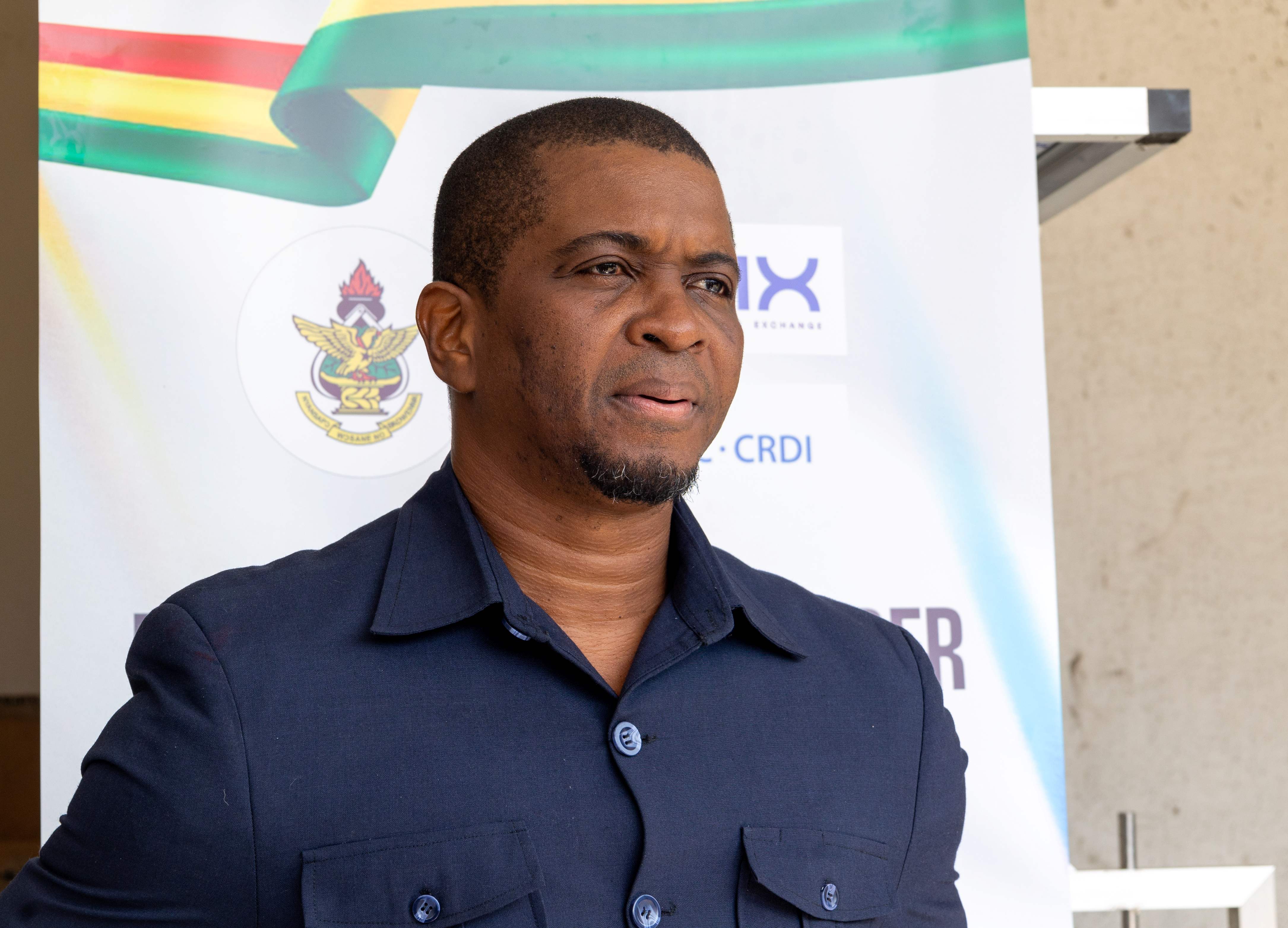
Prof. Winston Kwame Abroampa, Co-Principal Investigator of the project, underscored the importance of culturally responsive pedagogies in enhancing learners’ comprehension and classroom engagement.
“Culturally responsive pedagogies and teaching strategies acknowledge learners’ backgrounds and experiences. They help learners better understand new concepts,” he remarked.
He further explained that when pupils understand the language of instruction, they often become peer interpreters for their classmates, fostering collaboration and shared learning in the classroom.
“You expect that it's the teacher who’s supposed to be teaching for the pupils to understand. But now it’s like the children become peer interpreters. It is good. It is something that teachers can leverage.
This is beneficial; however, a key concern remains: even adults make mistakes during translation. So, how can teachers be sure that pupil interpreters convey the correct meanings and nuances of the lesson content?” he questioned.
The National Stakeholder Engagement also brought together key education officials from government and actors from non-governmental organizations, as well as civil society.
Prominent amongst them were the Greater Accra Regional Director of Ghana Education Service, Hajia Katumi Natogmah Attah, and the Ashanti Regional counterpart, Dr. William Kwame Amankrah Appiah, who expressed their commitment to supporting the integration of local languages into classroom instruction for improved learning outcomes.

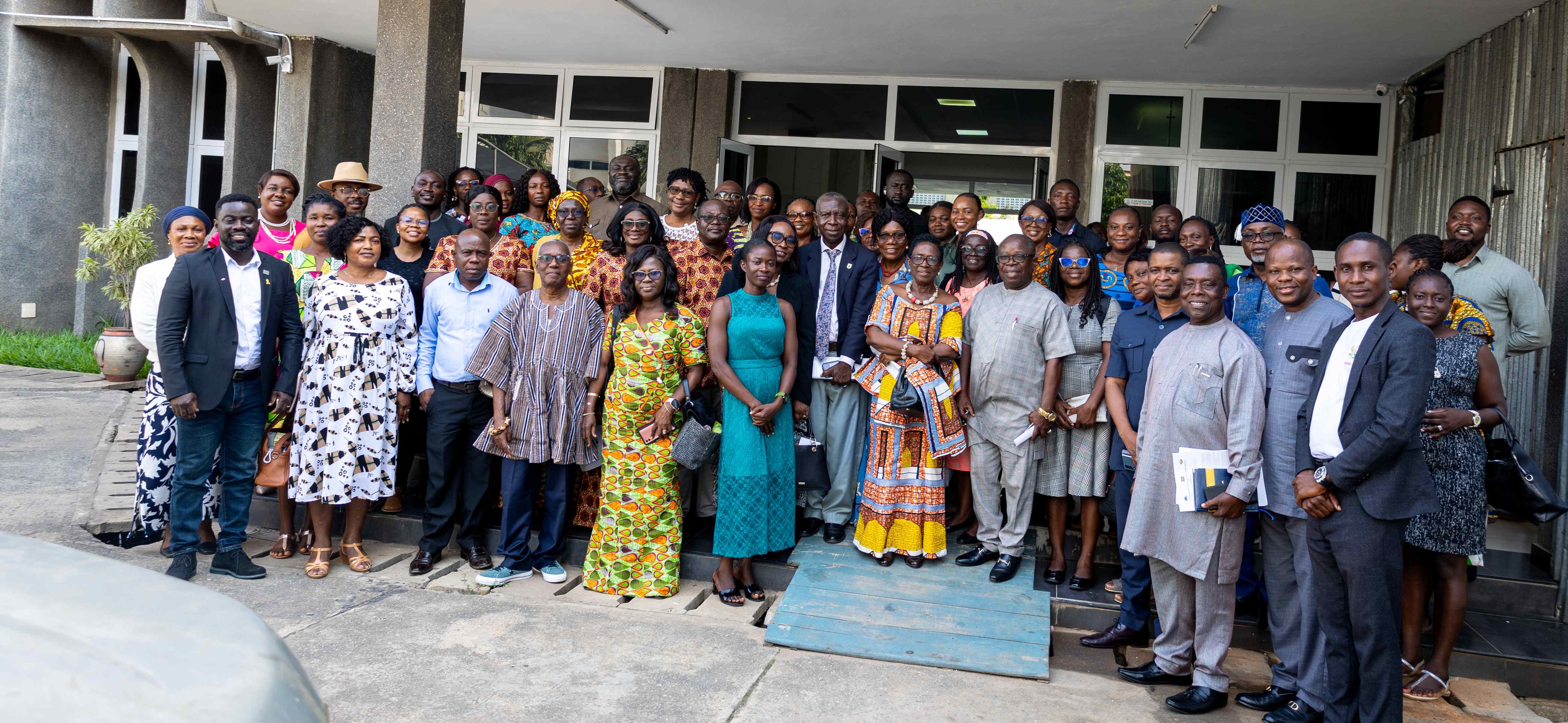
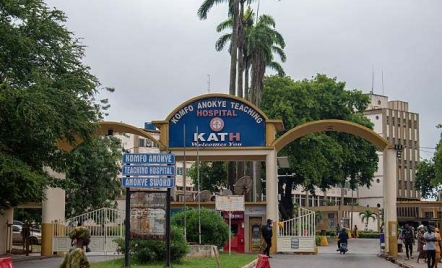
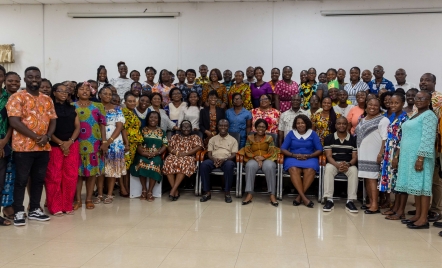

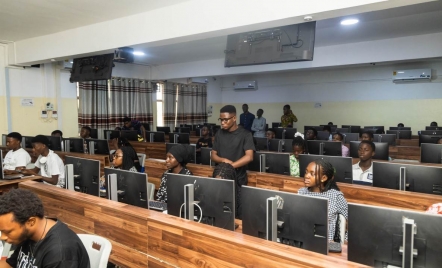
Comments